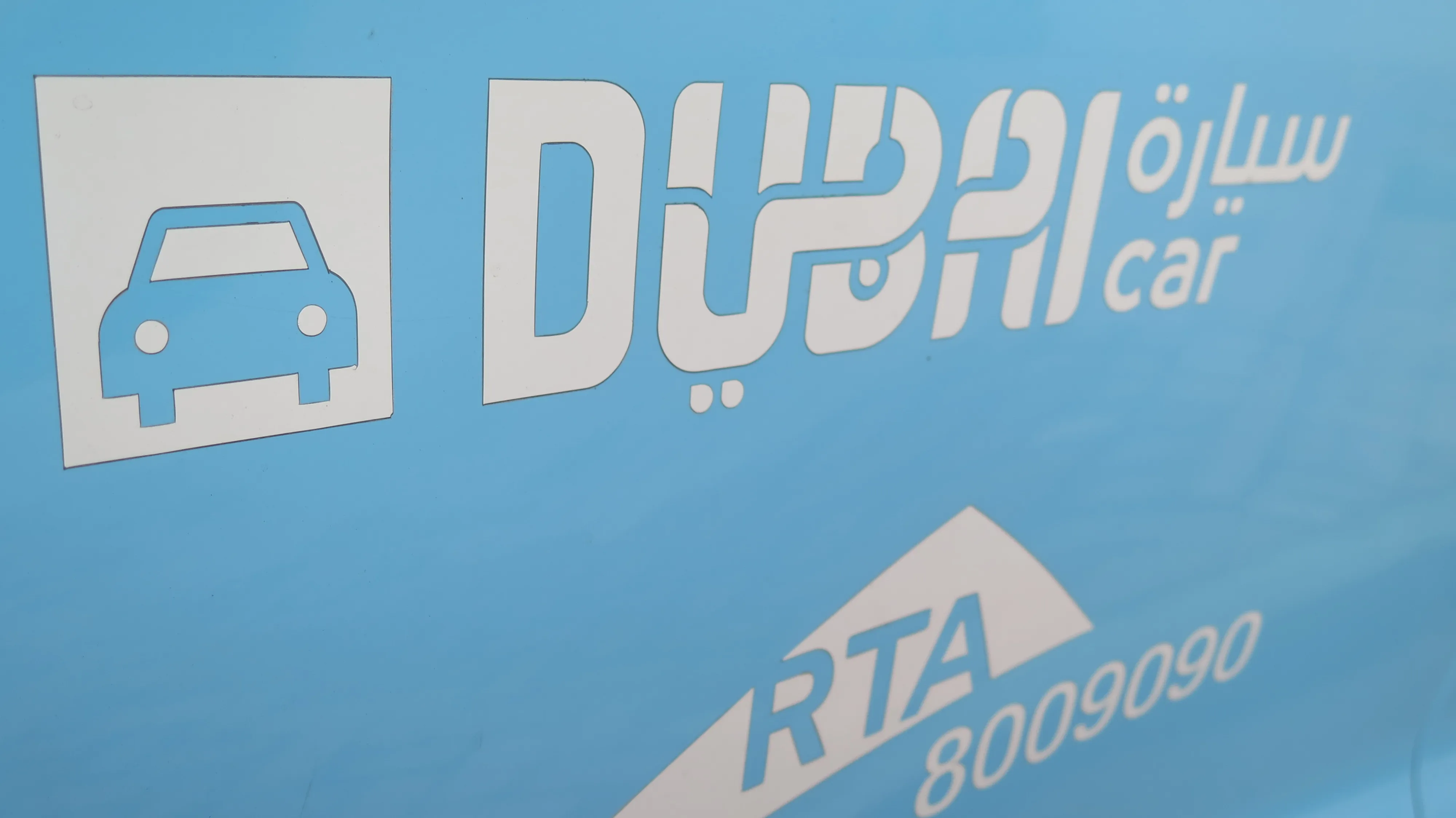A failsafe track switch designed to eradicate a 200-year-old problem on the railway has been created by engineers at Loughborough University in the UK.
The technology, known as Repoint, is a robust and reliable points mechanism which will improve safety, reduce maintenance costs and boost capacity on the railways.
September 10, 2015
Read time: 2 mins
A failsafe track switch designed to eradicate a 200-year-old problem on the railway has been created by engineers at Loughborough University in the UK.
The technology, known as Repoint, is a robust and reliable points mechanism which will improve safety, reduce maintenance costs and boost capacity on the railways.
Supported by the UK Rail Safety and Standards Board (RSSB), Repoint is the result of work carried out with industry experts into improved switches to override track switch failures which can lead to train derailment.
Using safety concepts derived from aerospace and the nuclear industry, Repoint corrects a failed switch through a patented arrangement of interlocking rail ends which incorporate a sliding arrangement similar to a breather switch. A lift and drop mechanism allows for expansion and provides an additional locking mechanism with virtually no friction losses.
The mechanism can also move the switch in fractions of a second compared to the current four seconds for conventional designs, during which time a train may have travelled a distance of 200 metres. The university claims that Repoint’s ability to reduce this time to under a second improves rail capacity without the need to build new infrastructure.
Professor Roger Dixon, head of the Control Systems Research Group, said the next step was to build a prototype switch to be trialled in a non-passenger environment either on a test track or a siding.
“Repoint is a robust alternative to conventional switches that breaks with 200 years of tradition to offer a change in design that is inherently failsafe and fit for a 21st century rail network,” he said. “It also has the potential to deliver huge cost savings, and will result in a significant increase in reliability and safety to the rail industry worldwide.
“We are currently seeking development partners from around the world to work with us to roll out the patented technology across international rail networks.”
The technology, known as Repoint, is a robust and reliable points mechanism which will improve safety, reduce maintenance costs and boost capacity on the railways.
Supported by the UK Rail Safety and Standards Board (RSSB), Repoint is the result of work carried out with industry experts into improved switches to override track switch failures which can lead to train derailment.
Using safety concepts derived from aerospace and the nuclear industry, Repoint corrects a failed switch through a patented arrangement of interlocking rail ends which incorporate a sliding arrangement similar to a breather switch. A lift and drop mechanism allows for expansion and provides an additional locking mechanism with virtually no friction losses.
The mechanism can also move the switch in fractions of a second compared to the current four seconds for conventional designs, during which time a train may have travelled a distance of 200 metres. The university claims that Repoint’s ability to reduce this time to under a second improves rail capacity without the need to build new infrastructure.
Professor Roger Dixon, head of the Control Systems Research Group, said the next step was to build a prototype switch to be trialled in a non-passenger environment either on a test track or a siding.
“Repoint is a robust alternative to conventional switches that breaks with 200 years of tradition to offer a change in design that is inherently failsafe and fit for a 21st century rail network,” he said. “It also has the potential to deliver huge cost savings, and will result in a significant increase in reliability and safety to the rail industry worldwide.
“We are currently seeking development partners from around the world to work with us to roll out the patented technology across international rail networks.”









